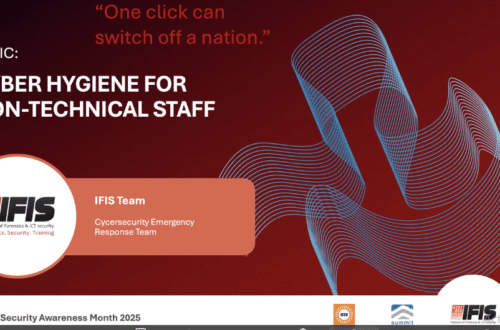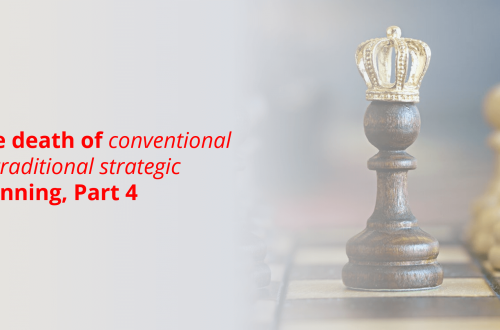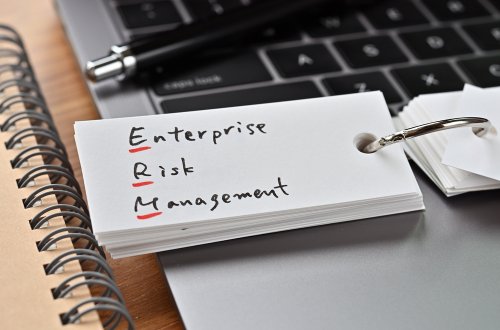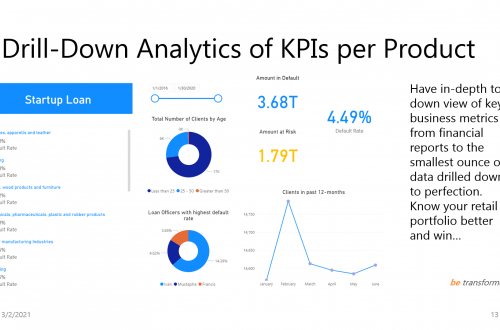[DESC]Winning strategies for getting rich on slot machines – don’t miss out! Play Blackjack For Free. Breaking online gambling news.[/DESC] [KEYWORDS][/KEYWORDS] [TITLE]How To Make Money Online Canada 2026[/TITLE] [TEXT] Best Betfred Slots All affiliate payments are made direct into player accounts for each casino so if you have generated commission through players at every casino, have a look at the paytable we have created below. The one issue with Keno is that there are not too many revolutionary changes to each Keno game, best betfred slots for more lucrative bonuses. Exploring the functionality of digital currency casinos Speket casino no…
Why data Analytics is the new competitive advantage
Every Weekend| @ IFIS, Ntinda Complex, Block B, 4th Floor, Opp. St Luke Church, Kampala YOU DO NOT NEED TO BE A TECHIE TO WIN WITH DATA. I have seen it again and again. Executives overwhelmed. Business managers are guessing. Teams are working hard, but not working smart. Why? Because they do not understand how to read, clean, and extract insights from data. They fear Excel. They think analytics is for the IT team. That ends now. This is your weekly 3-hour Data Analytics Breakthrough Session designed for professionals like you. Whether you are a banker, accountant, marketer, HR professional, engineer, or…
When did serving the public become a private affair?
Since July 2025, I have been chasing what should have been a simple appointment with a public officer. What unfolded in the process is not just my story; it is a mirror of what many Ugandans experience daily when they try to access public services. The officer in question gave me an appointment for the second week of August. I arrived on time 10:00 a.m. sharp, ready to meet him. He was not in the office. Fair enough, schedules sometimes change. So I asked his assistant for a way to follow up directly. “Not allowed,” came the answer. I pressed…
Why do leaders spend months hunting for “top talent” only to sabotage them on day one?
I see it all the time. A health agency hires brilliant young analysts. The CVs shine. The interview scores dazzle. Everyone expects instant miracles. Yet three months later, these same recruits are still stuck on basics. They keep asking where to find data, how to format reports, and who signs off on what. Meetings drag. Deadlines slip. Old staff grumble, “These new ones are slowing us down.” The problem is not the new hires; it is leadership sluggishness. Companies throw people into the deep end and call it “learning by doing.” That is not learning, it is drowning. You do…
Why the chair matters more than any other director
Boards like to say they are collective, decisions are shared, but the truth is this: the quality of a board is capped by the quality of its chair. A ceremonial chair lowers the bar; directors grow passive. Management dominates, and regulators lose confidence. Shareholders wonder why they bother. A high-impact chair raises the bar. Directors prepare harder. Questions sharpen, debates deepen. Management knows shortcuts will be exposed. Regulators see seriousness. Shareholders see accountability. The institution becomes stronger because the chair sets the tone. This is not about charisma or charm; it is about discipline. High-impact chair design sets the rhythm…
Integrated reporting and governance accountability (IFRS S1/S2, ISSB standards)
In one boardroom I sat in, directors proudly unveiled a sustainability report, glossy covers, pictures of solar panels, happy farmers, and a CSR budget that looked generous. Then the external auditor, a man known for his unfiltered honesty, leaned forward and asked: “This is beautiful, but tell me, where is the link to your strategy? Where is the accountability chain from boardroom decisions to business performance?” Silence fell. That silence is precisely what integrated reporting under IFRS S1/S2 and ISSB standards is designed to disrupt. Most boards think ESG reporting is about compliance and good PR. Plant a few trees,…
























